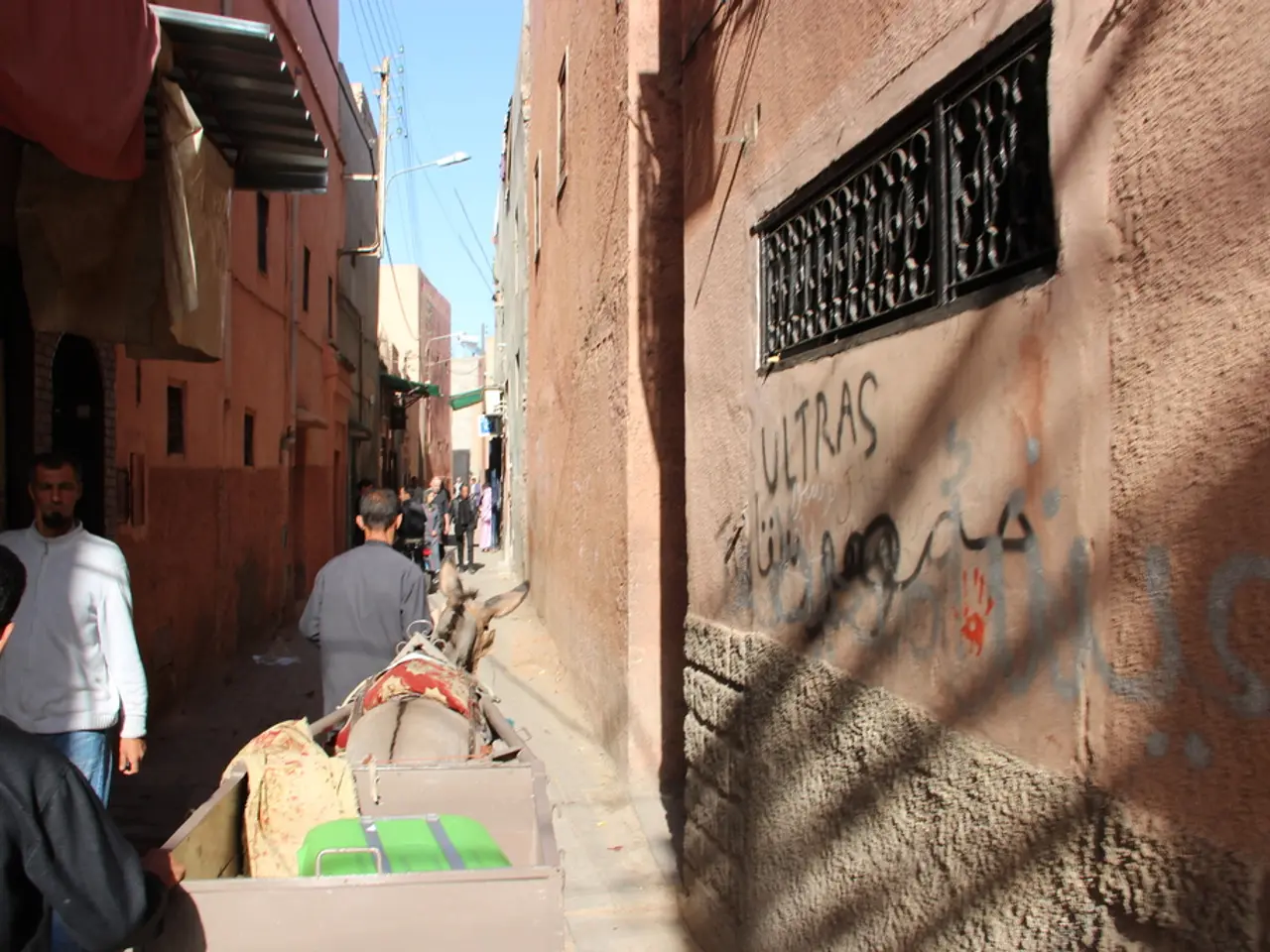Court decision for Paetongtarn scheduled for August 29th
In the coming weeks, Thailand is set to witness a series of crucial rulings that will shape the political landscape and determine the future of the influential Shinawatra family. These rulings, scheduled for August 22, August 29, and September 9, represent a critical juncture in the ongoing political and legal battles involving the Shinawatra family.
August 22: Lese-majeste Case Against Thaksin Shinawatra
The first ruling on August 22 will focus on the lese-majeste case against Thaksin Shinawatra, the former Prime Minister and father of the current Prime Minister, Paetongtarn Shinawatra. This case is significant as lese-majeste charges are among Thailand's most serious political-legal instruments, often impacting political legitimacy and influence. Thaksin's trial stems from remarks he made in an interview with a South Korean newspaper in 2015. The outcome of this trial could reshape Thaksin's and his faction's capacity to act politically.
August 29: Constitutional Court Ruling on Prime Minister Paetongtarn Shinawatra
On August 29, the Constitutional Court will rule on a case seeking the removal of Prime Minister Paetongtarn Shinawatra. This ruling will be a defining test of her political survival and legitimacy in office. The case involves allegations of ethical violations and questions about proper diplomatic conduct in national security matters. If the court rules against her, it could force her resignation, drastically altering the power balance in Thai politics. Conversely, a ruling in her favor could consolidate her position and her faction's hold on government.
September 9: Supreme Court Decision on Thaksin’s Six-Month Hospital Stay
On September 9, the Supreme Court will decide on Thaksin’s controversial six-month stay at Police General Hospital from August 2023 to February 2024. This ruling could affect Thaksin's legal status and potential return to active political life, influencing the broader political dynamics and the Shinawatra faction's strategy going forward.
Collectively, these rulings symbolize a final legal showdown between the Shinawatra political family and their opponents, determining whether the family retains influence or faces significant judicial setbacks. The outcomes are expected to clarify the balance of power, national security considerations, and the judicial system's role in political disputes in Thailand.
These rulings are crucial because:
- They involve major political figures from the same family, linking personal legal troubles with national political stability.
- They touch on issues of national sovereignty, ethics in governance, and civil-military relations.
- They are being watched closely by both domestic audiences and international observers for indications of political trajectories in Thailand.
The rulings are expected to have a significant impact on the political landscape, potentially reshaping the power balance and influencing the future direction of Thai politics.
[1] Source: BBC News, The Guardian, and Reuters [2] Source: The Nation Thailand and The Bangkok Post
- The upcoming war-and-conflicts focused on the Shinawatra family's legal battles, including the lese-majeste case against Thaksin Shinawatra, the Constitutional Court ruling on Prime Minister Paetongtarn Shinawatra, and the Supreme Court decision on Thaksin’s hospital stay, will significantly shape policy-and-legislation and politics in Thailand.
- The crime-and-justice system in Thailand is under intense scrutiny as the general-news surrounding the Shinawatra family's legal rulings in August and September of 20XX will have far-reaching implications for the future of civil-military relations and national security considerations.






